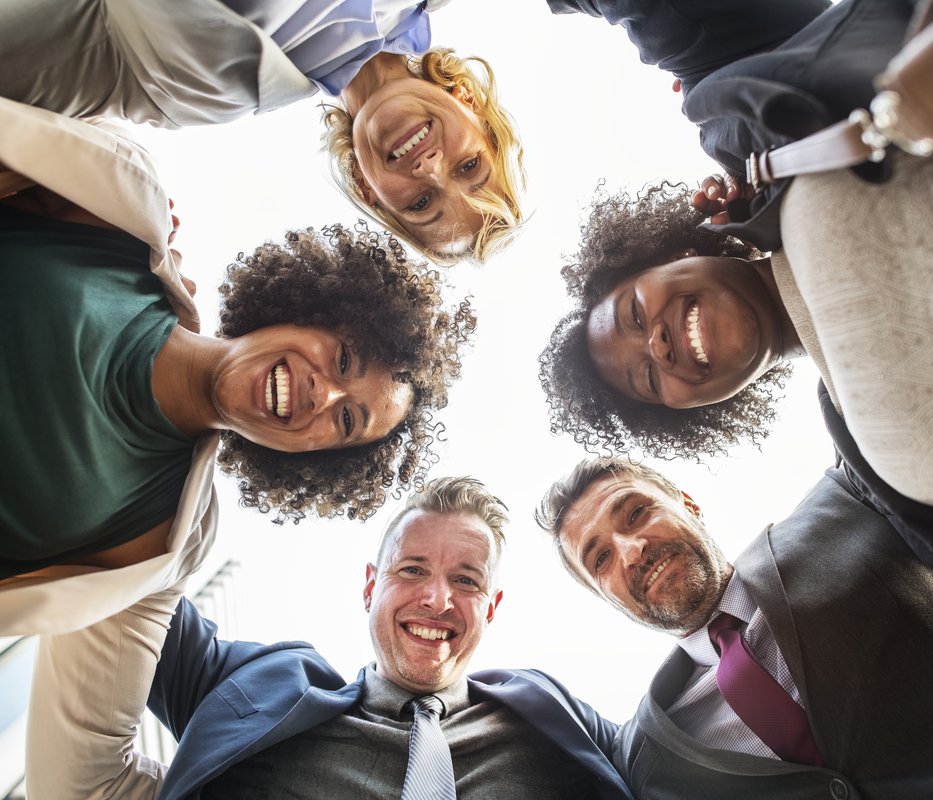
With the global spread of technology across the world, we have moving away from our cultural roots as a social being.
And with the advent of social media, we are losing touch with what social really means.
Whereas 30+ years ago, social meant being with other humans ‘in real life’… today’s millennials consider time spent on Facebook, Snapchat or Instagram as ‘being social’.
There are many benefits to this, such as being able to connect with more people in a much shorter amount of time… and being able to stay in touch with people on the other side of the planet.
But there are drawbacks too, like the absence of physical contact and being able to look someone in the eye, which can result in a partial loss of the message because we have evolved to take a large part of understanding from physical clues.
Let’s not forget that when it comes to language learning, most people who have ever learned a language acquired it socially from their parents, extended families and local community members.
There never used to be language schools and textbooks and the human race managed to pass language down the generations effortlessly!
So, what can we learn from that?
Why is it better to learn a new language in person with a native speaker?
- To start with, you will experience a stronger sense of engagement. Learning socially is an active learning style, so your internal sense of commitment and dedication will be huge. You’ll wonder how you ever got by with reading and writing alone!
- Speaking with native speakers means that you’ll receive constructive, relevant feedback in real time. If any questions or confusion arises during your learning, you can ask about it and correct yourself right away. No more sitting for hours or days waiting to find out how to pronounce “chuchichaschli”!
- Learning through conversation is more natural because spoken language is an innate capacity of our brain. We have been communicating verbally for over 100,000 years and the way it has helped grow our large mammalian brains has been passed down genetically.
- Another aspect of our social development as a species is our behavioural and cognitive learning faculty. Albert Bandura wrote about the Social Learning Theory which has to do with observation, repetition and response. Essentially, we copy how we see others behave… so if we have native language speaker, we can learn to see how they speak and emulate them.
